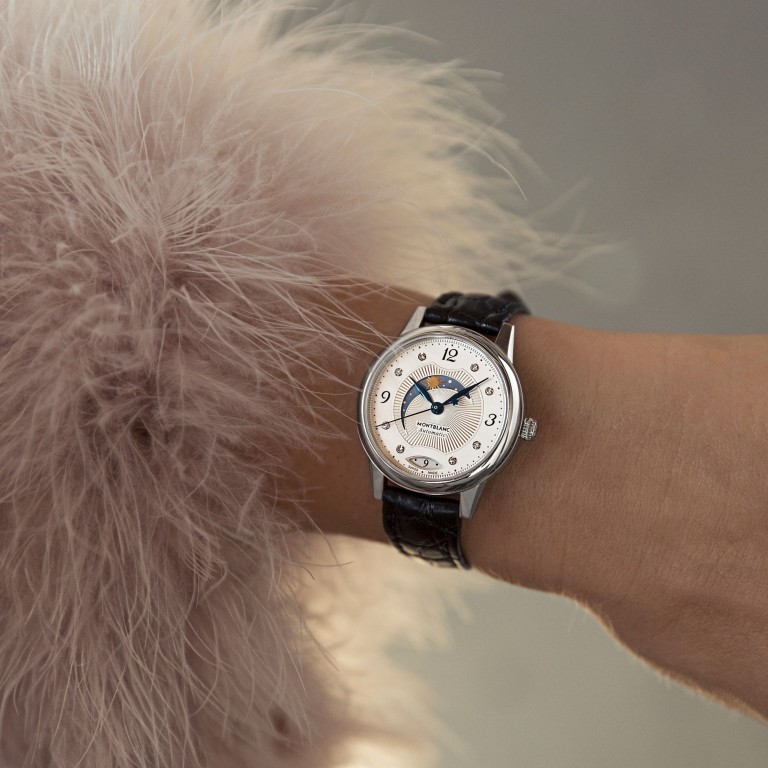Why you should buy a mechanical watch

A different take on luxury timepieces - from a female connoisseur's perspective
Watchmaking to me is, above all, romantic. Just the thought of a timekeeper being passed on to the generations to come is a love letter for the future. I’m pretty glad that I dived into writing about watches four years ago with exactly this thought, which really helped me understand the artisans and connoisseurs’ passion and, at times, obsession.
It would be difficult to reduce a watch to just one part, but indeed, what makes a watch come to life is the calibre, the beating “tick-tock” heart and the puzzle that takes watchmakers days, months and years to piece together. The first lesson I learnt when I started writing about watches was to look at the back of a watch which reveals the calibre. Hence a clear sapphire crystal case-back is a coveted aspect for watch lovers just like the sound of “vroom” for supercar aficionados.
The construction of a calibre sets mechanical and quartz watches apart – a quartz movement is powered by battery while a mechanical movement gains its energy from wound springs and trains of gears. When it’s powered by battery, you watch is guaranteed to be “always on time”, but when it comes to mechanical movements, the precision of the timekeeper can be influenced by many factors – G-force and magnetic fields, just to name a few.
Then why do we still want a mechanical watch that’s “almost perfect” and 10 out of 10 times are more expensive than an “always perfect” quartz watch?
In fact, the invention of quartz movement by Japanese company Seiko in early 1960s almost ended the century-old mechanical watchmaking – now known as the quartz crisis. It’s a similar story how the rise of ready-to-wear pushed haute couture to near extinction. But like how vinyl albums, film cameras and haute couture are getting a new lease on life today, mechanical watches have made a comeback as connoisseurs reminisce the sophistication and craftsmanship behind the clockwork. Hence, mechanical watches do have a better resell value compared to similar quartz counterparts.
Automatic and hand-wound are two movement types for mechanical watches. Automatic, also known as self-winding, means the watch’s mechanism is wound automatically by the movement of the wearer’s wrist while hand-wound watches require the wearer to physically wind the watch crown to power the movement. Although automatic watches are the majority of today’s luxury mechanical watches, there are still connoisseurs who prefer the elegance of hand-wound timepieces.
Power reserve is something you must check before getting a mechanical watch. It basically indicates the amount of time that a fully-wound watch can run smoothly without being wound again.
A 40-hour power reserve is often expected for quality mechanical watches so if you change your workday watch for a weekend piece, you don’t have to worry that the timepiece becomes out of service.